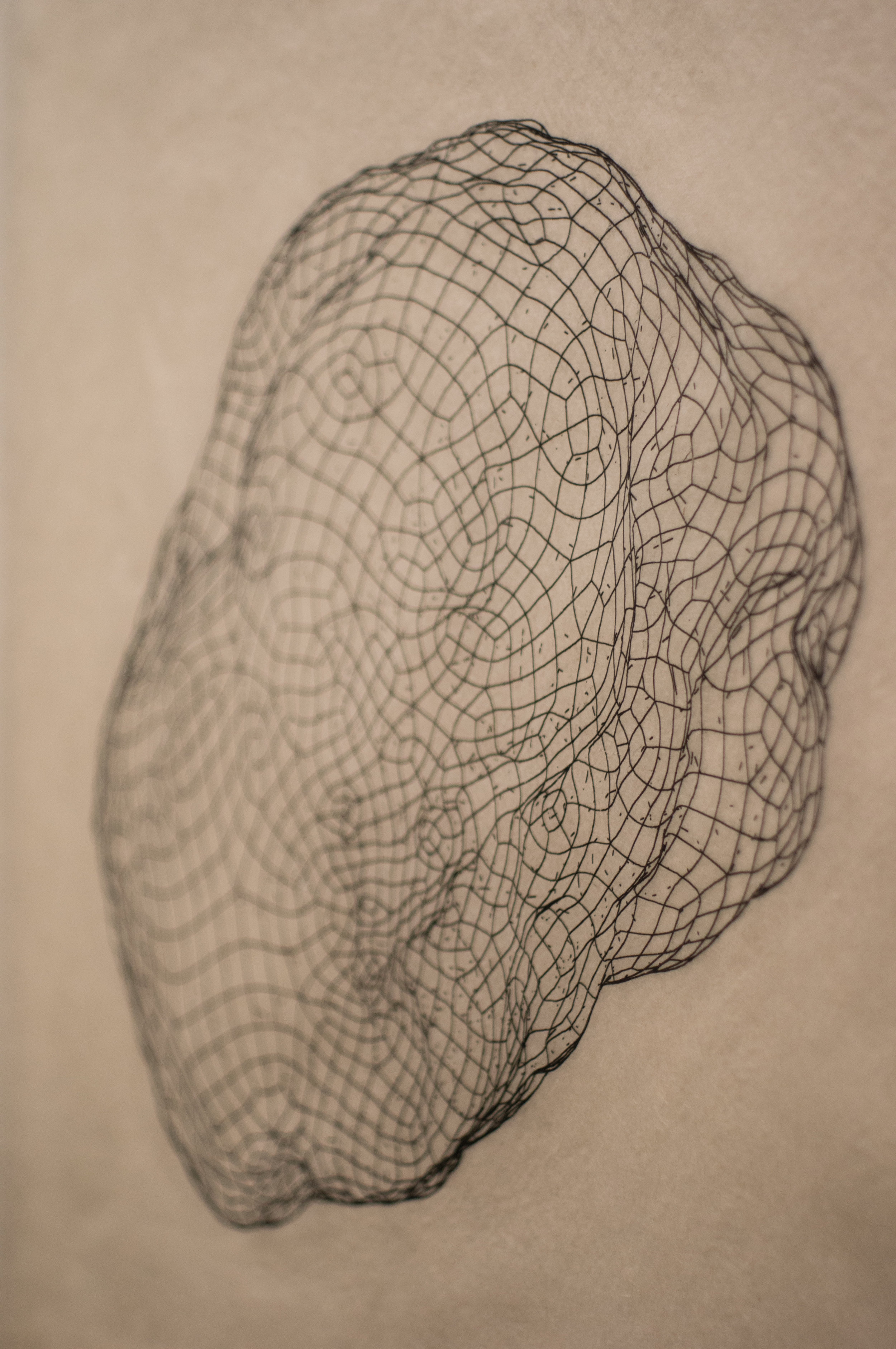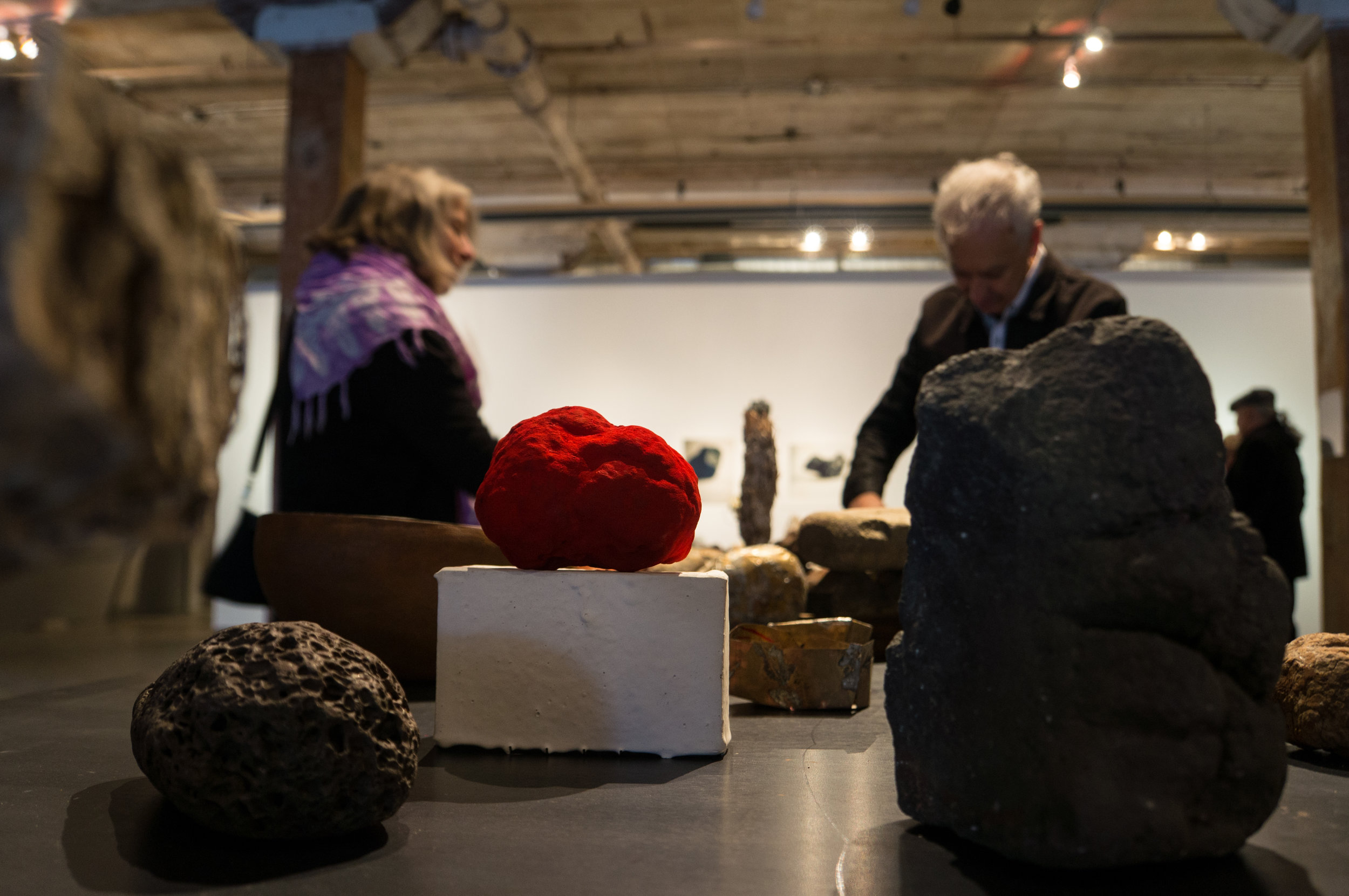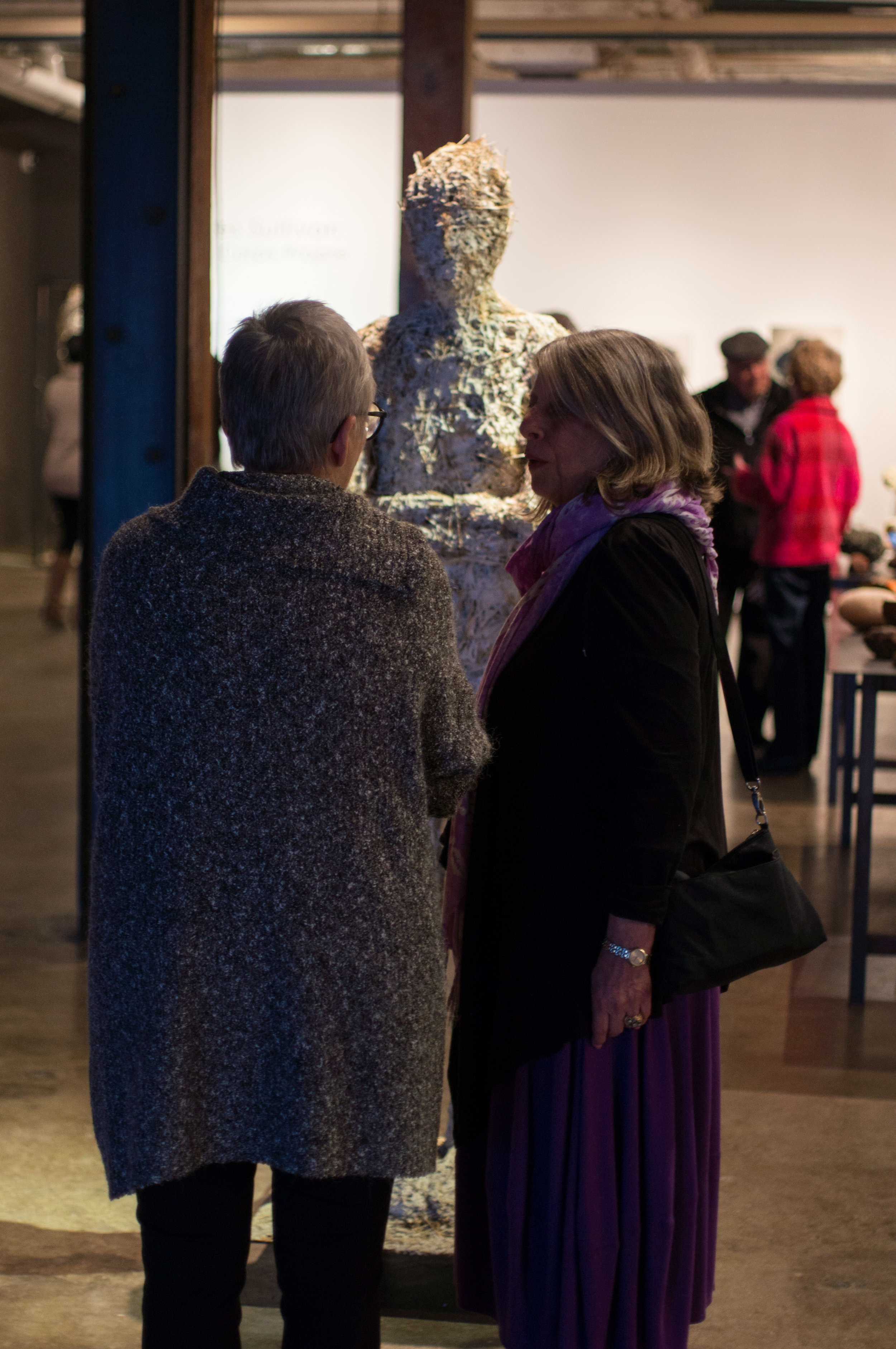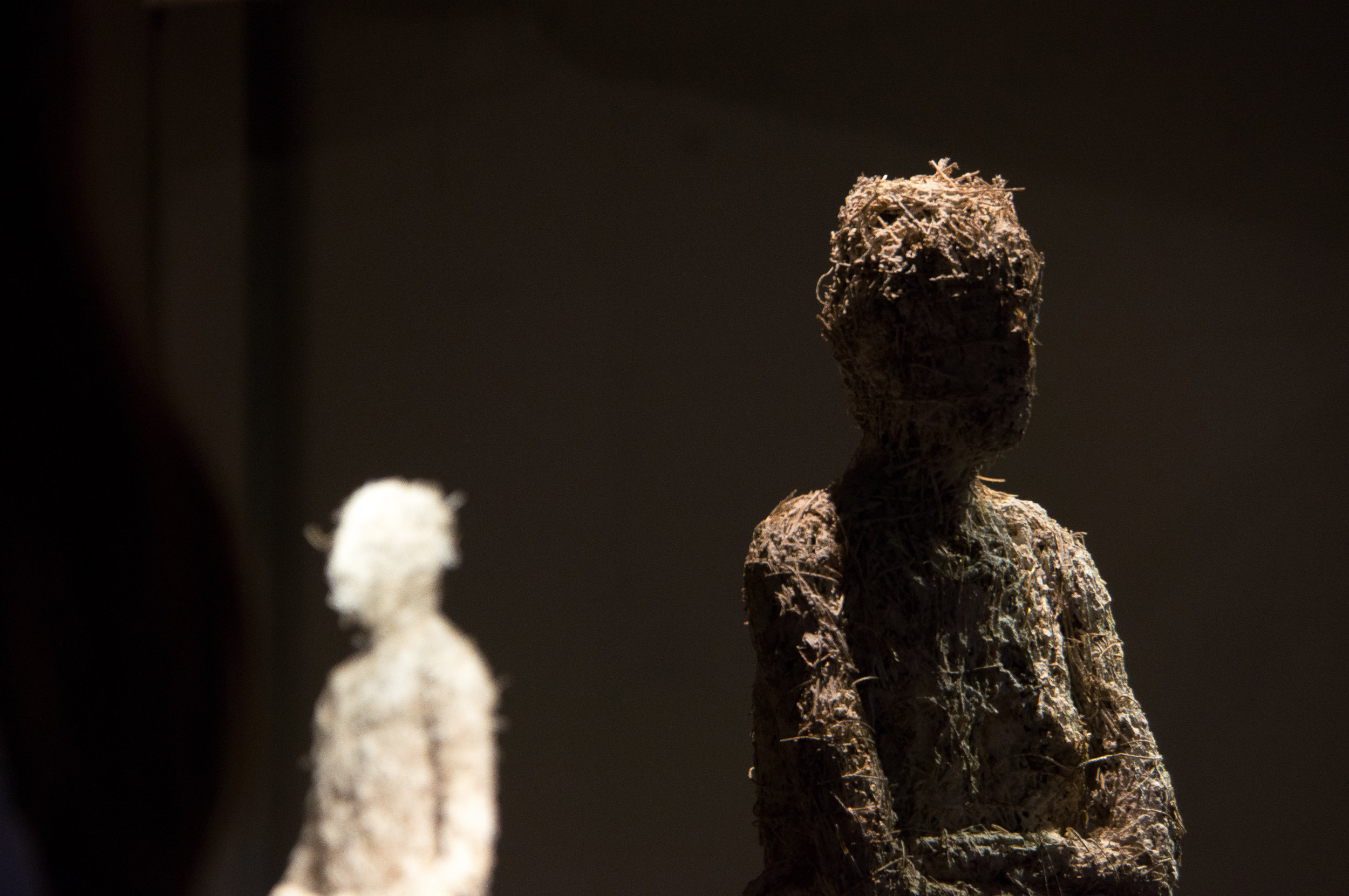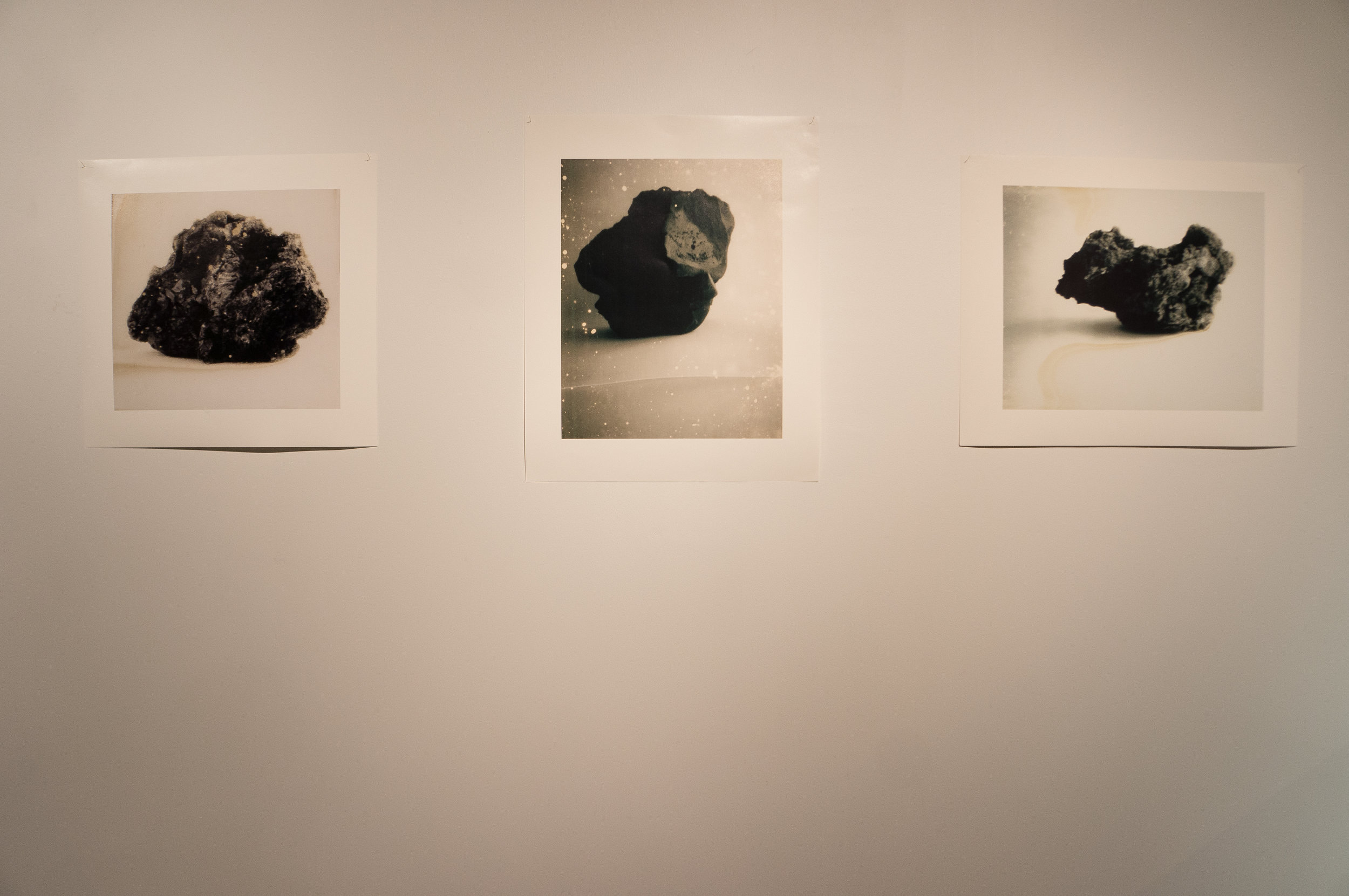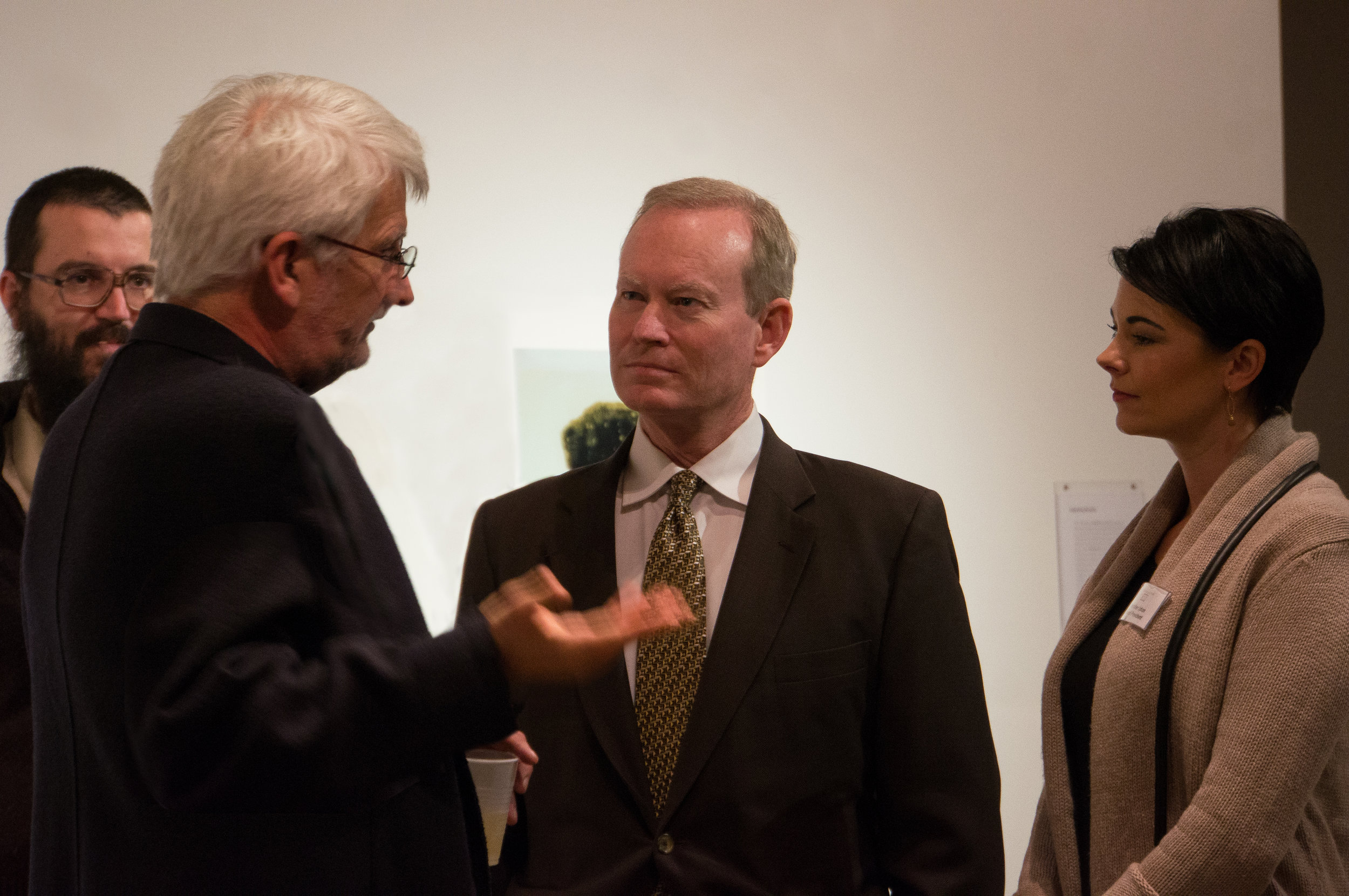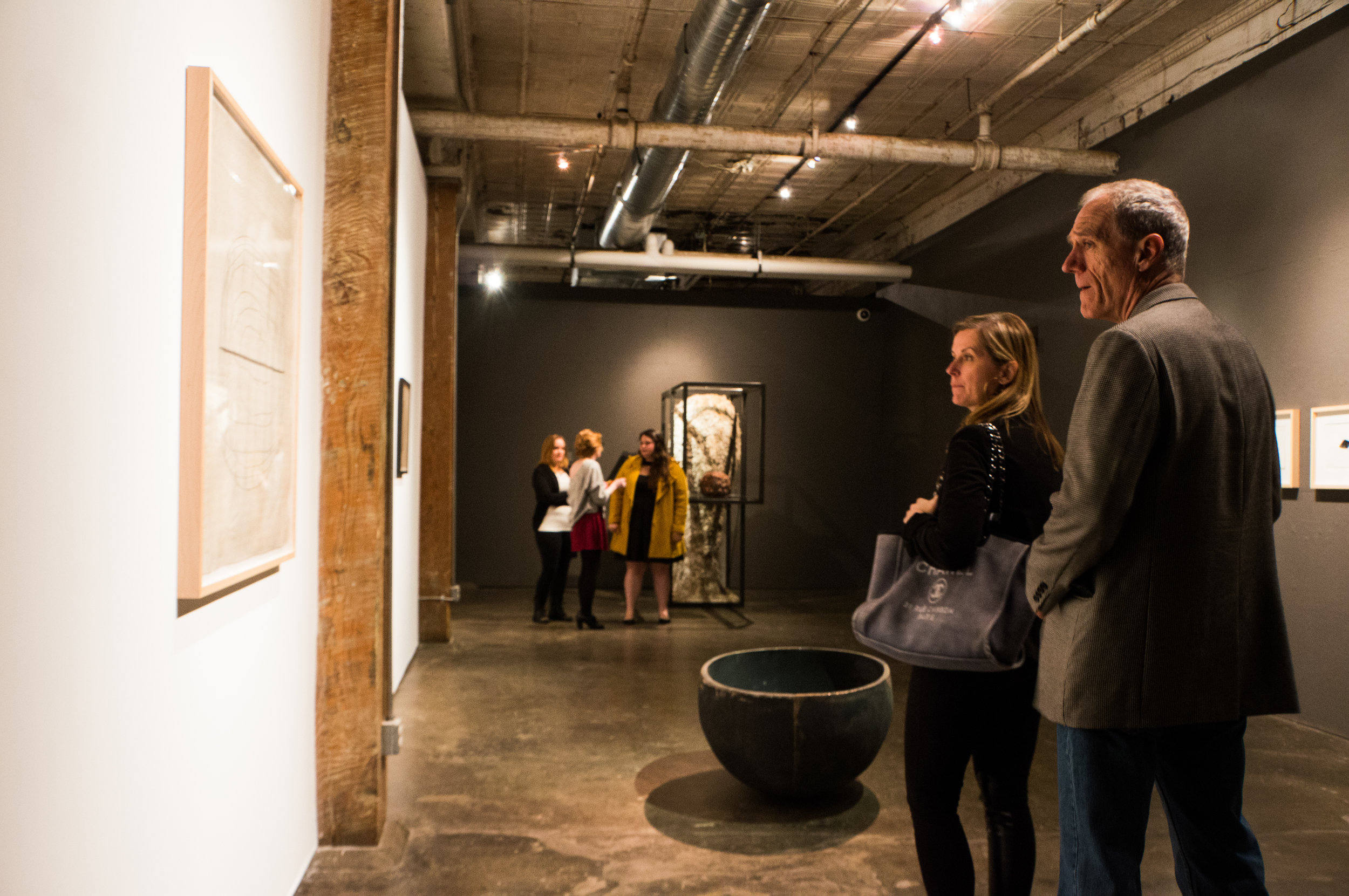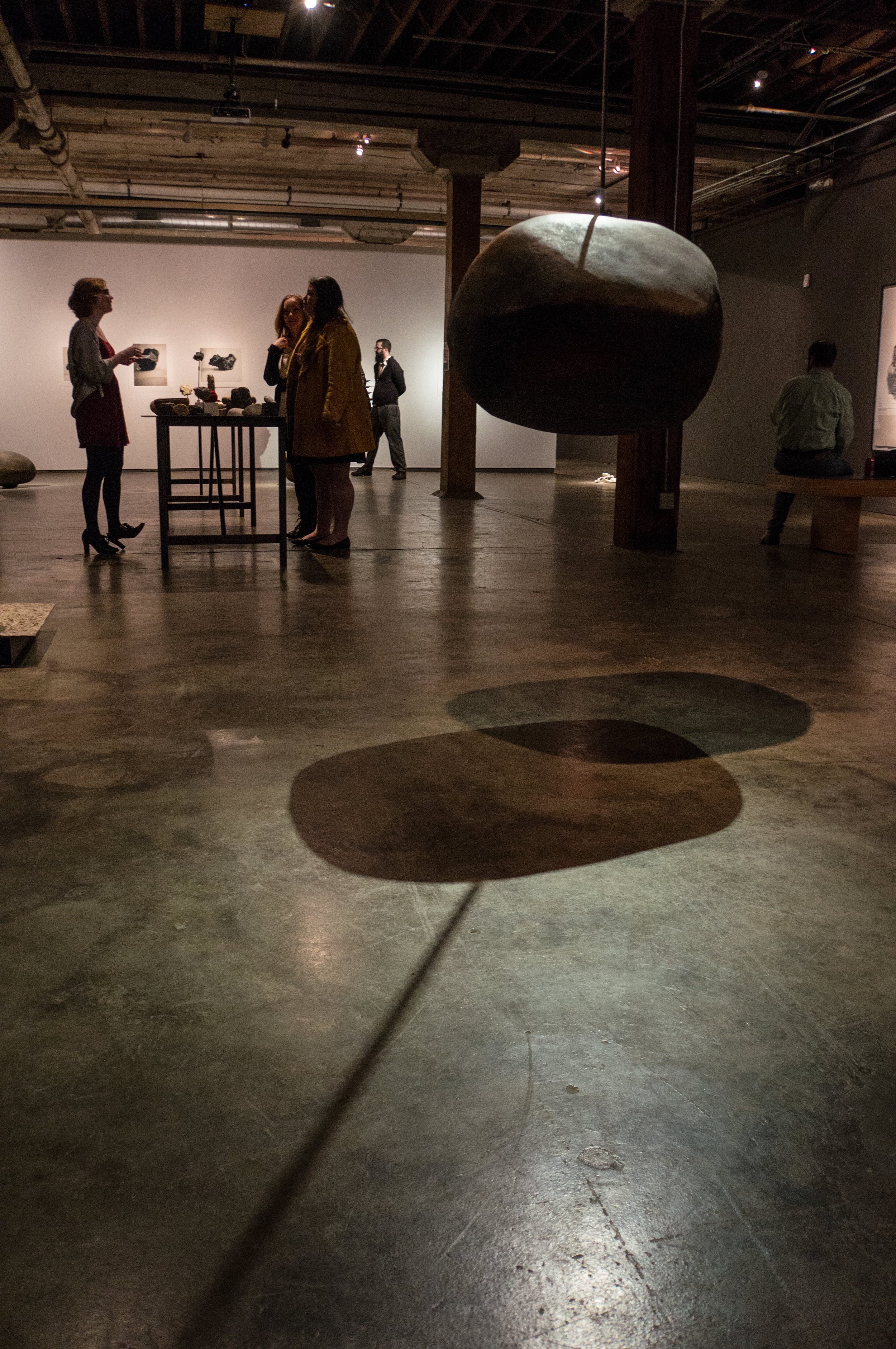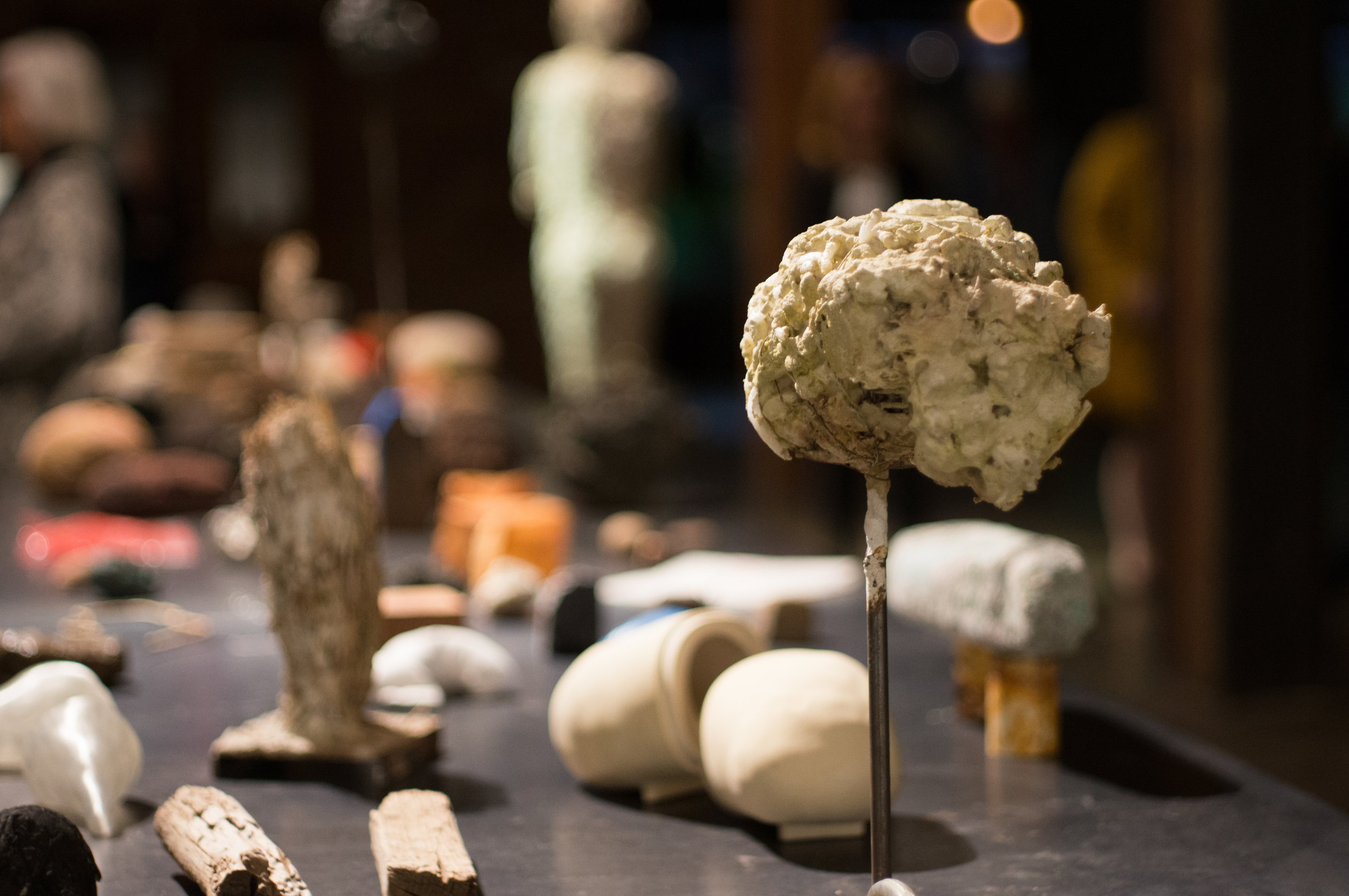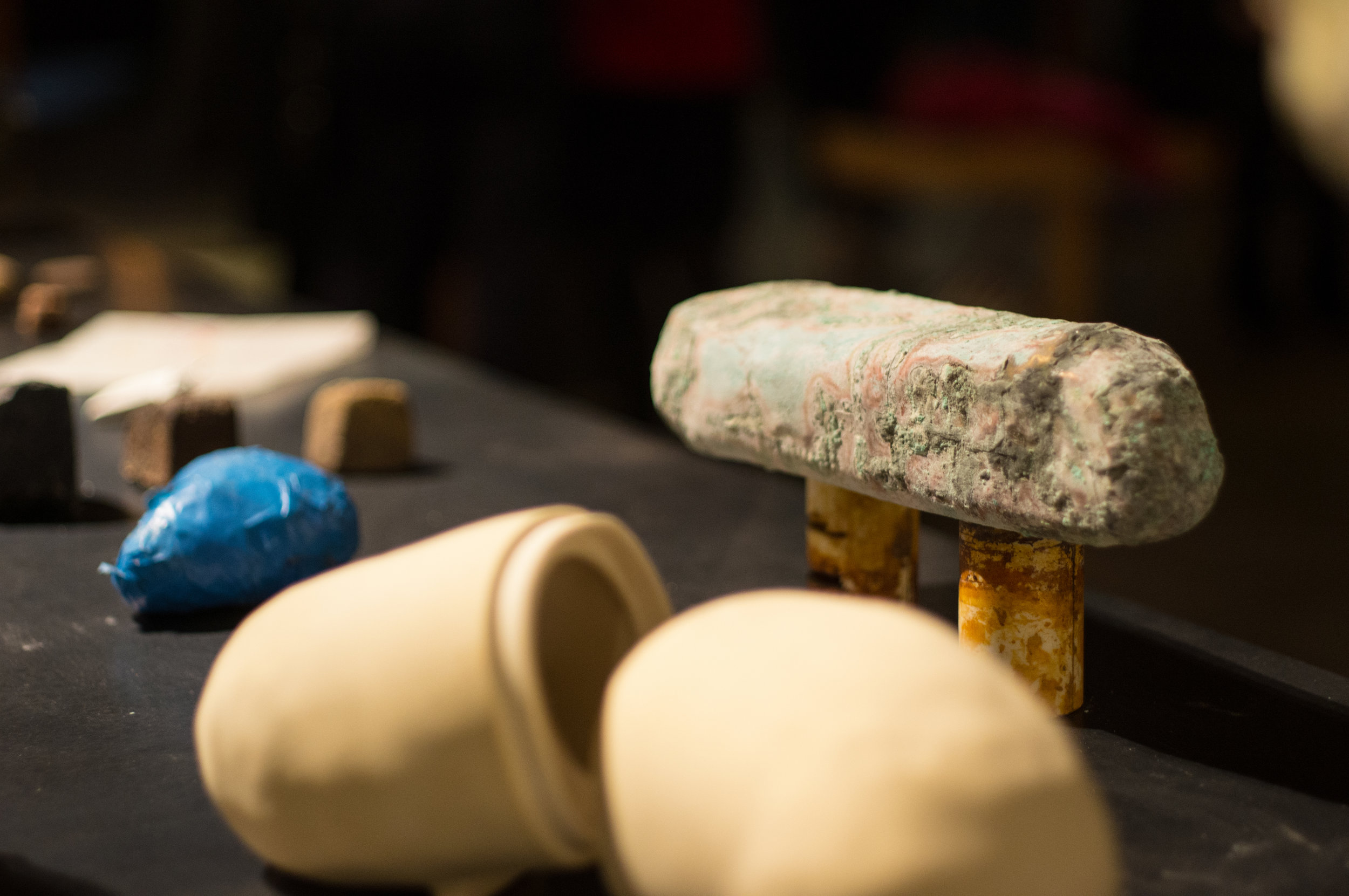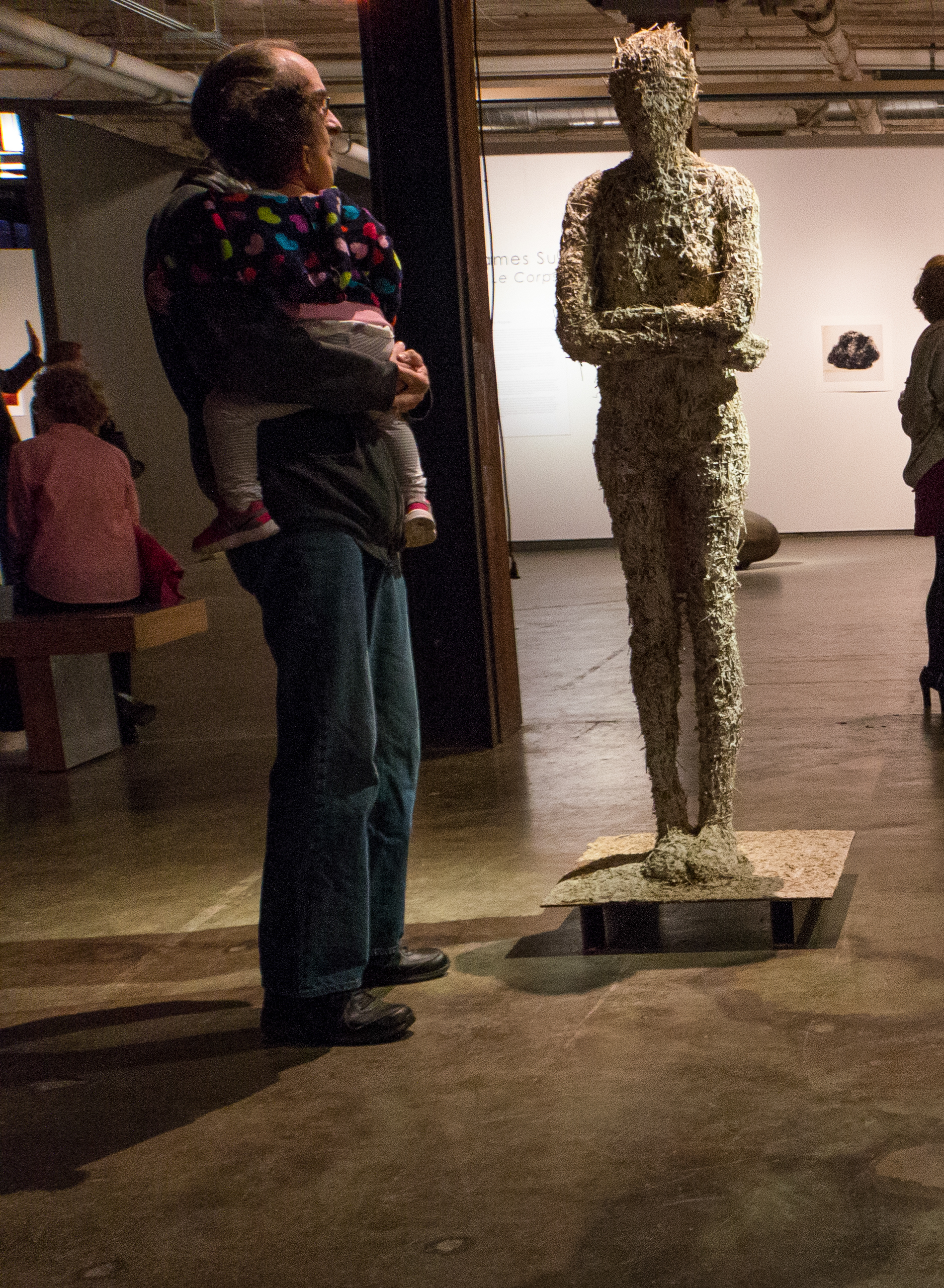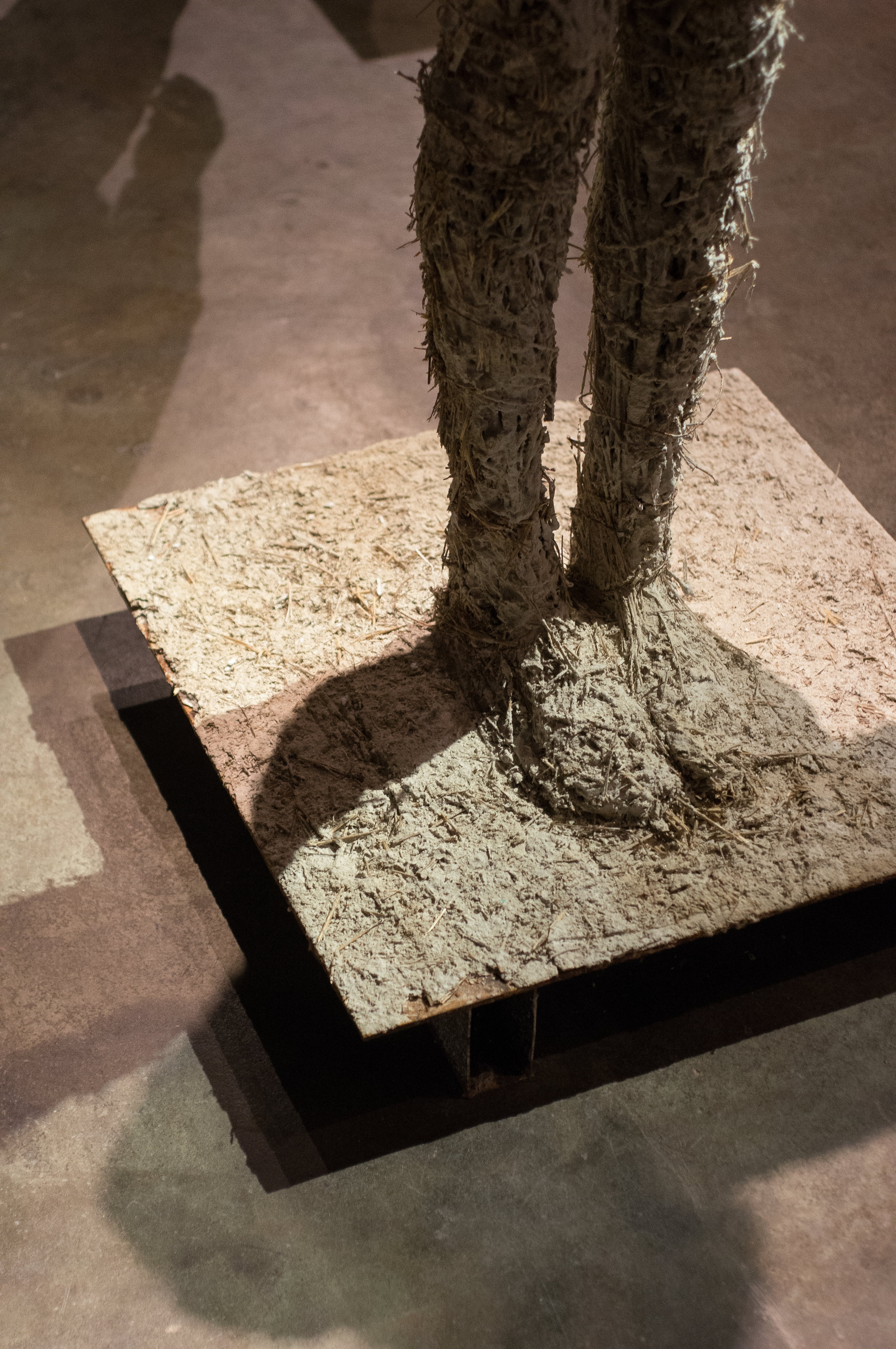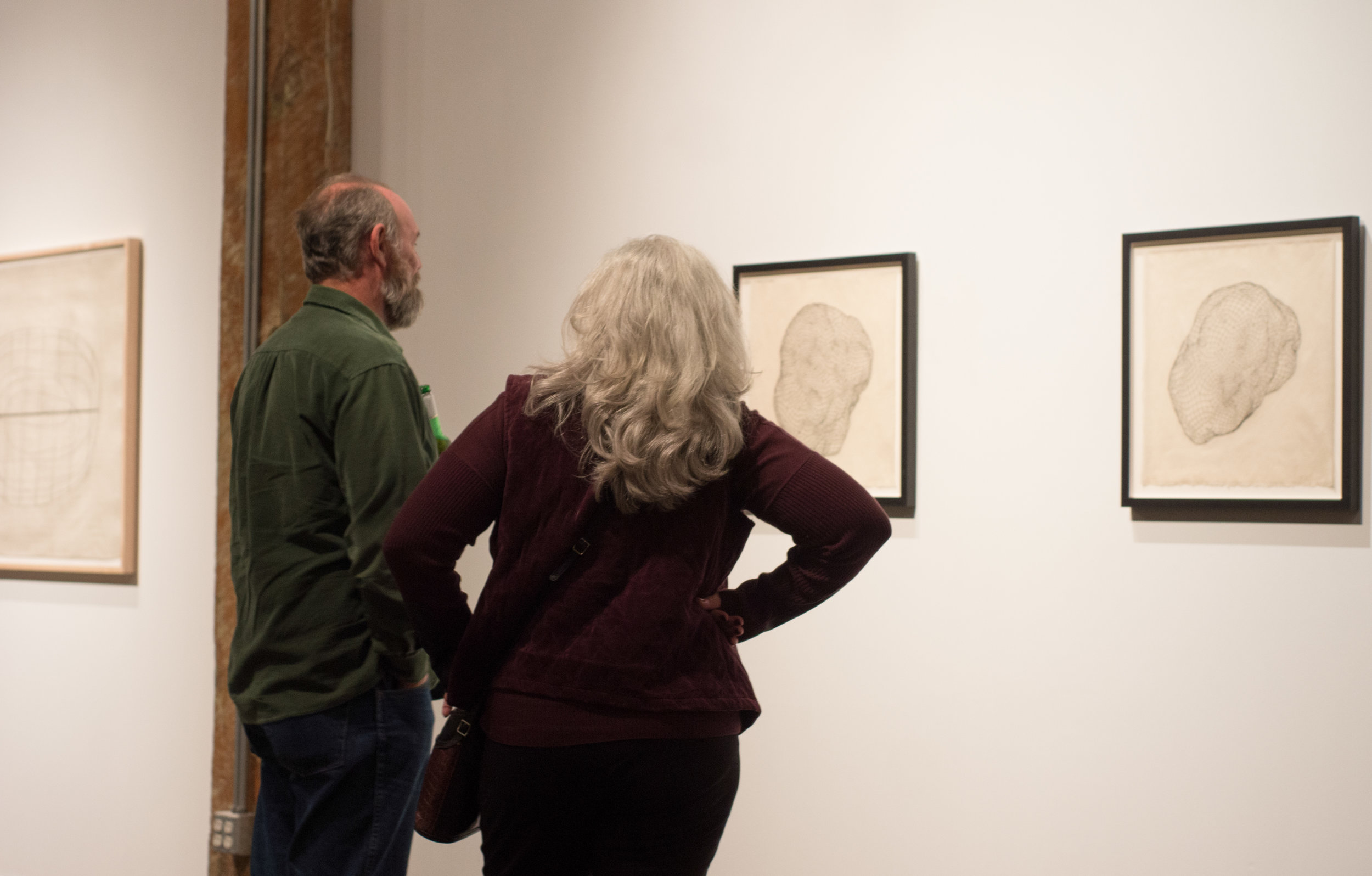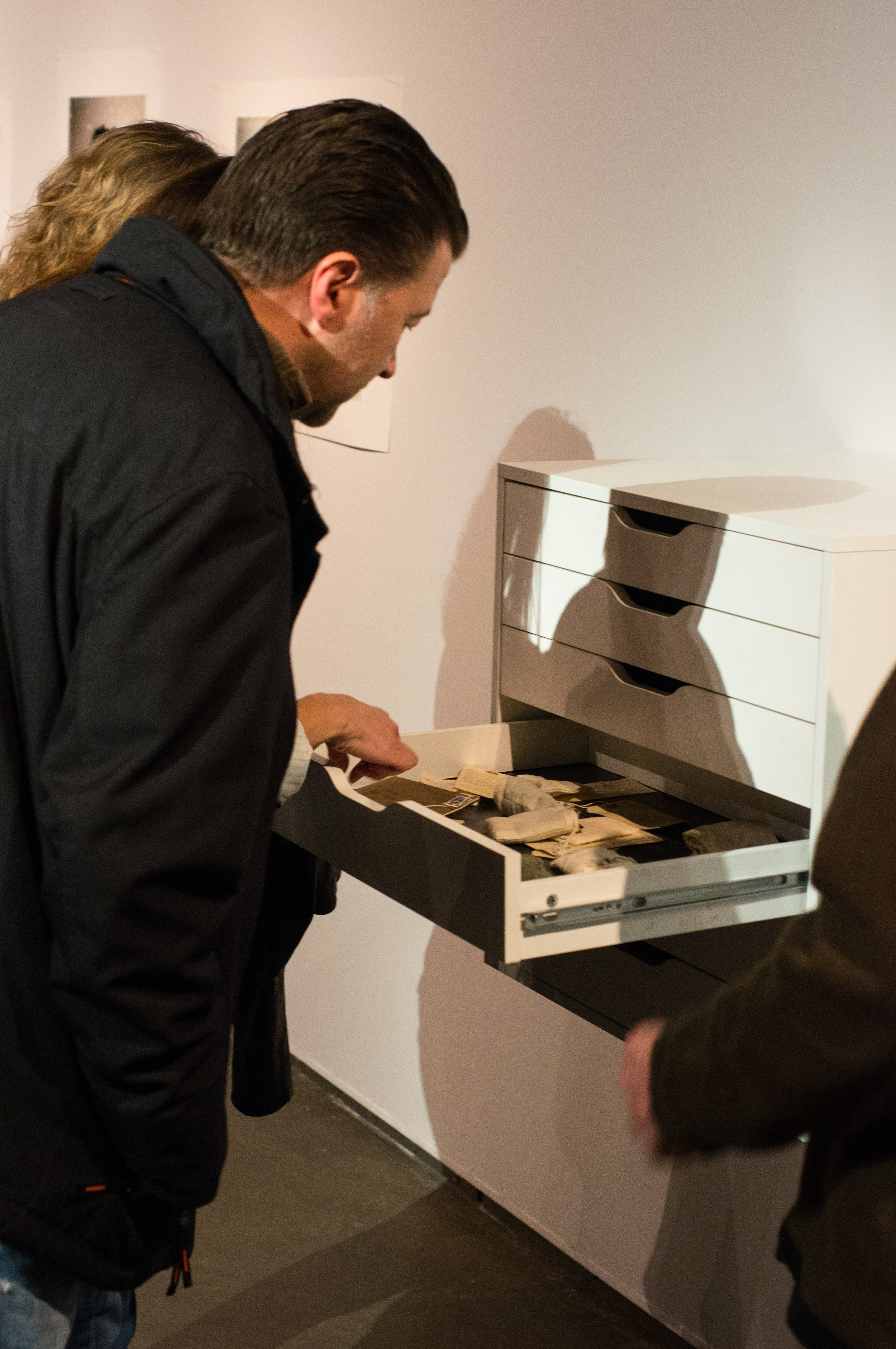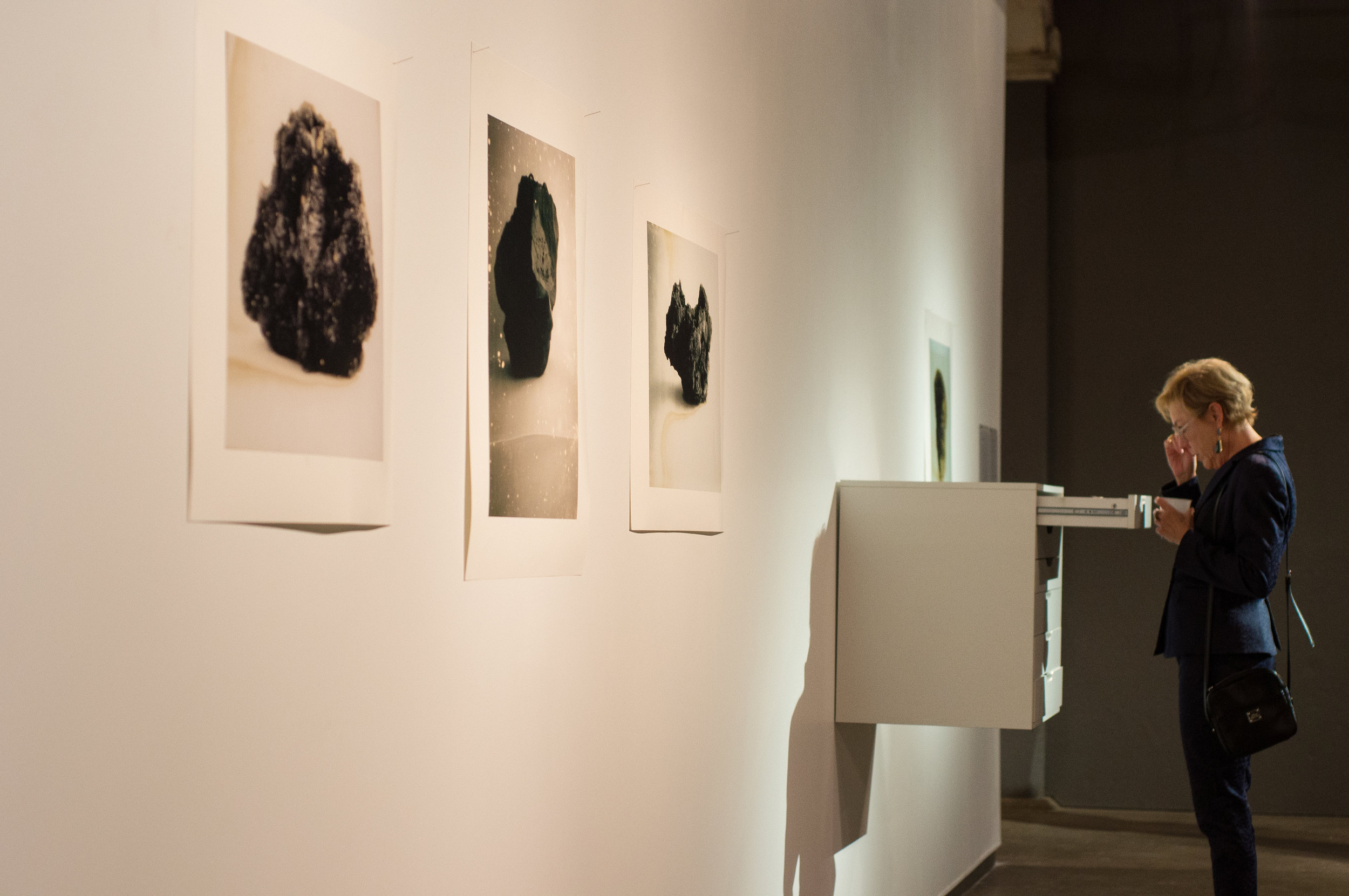James Sullivan: Le Corps Propre
November 8TH - January 4TH
The accumulation of straw cemented with plaster in Sullivan's sculpture constitutes a strongly worked, rich textural surface. The appeal of its palpable physicality is at once proximally tactile and distally visual. The seeming density of the mass is composed of a flickering of linear elements constellated into volume. There is a profound sense that any volumetric form, however abstract, references the figure insofar as volume entails a distinction of exteriority and interiority. Sullivan's works evoke more than the figure as abstract notion or conventional motif - they elicit the concrete lived experience of the body.
James Sullivan's sculpture is centered on the body, located in the figurative image itself, the collection of organic fragments and natural forms, as well as its performative engagement of space and objects. These works exist at a variety of scales, including large single objects, based on figurative and natural forms, as well as collections of small hand-based forms, both found and fabricated that are presented for physical interaction by the viewer. During the mid-90s he began investigation of large-scale fragments of torsos and heads, and the possibility of a more haptic abstraction of bodily forms and experiences. His most recent figures have been more narrative in focus, either in series (presenting a cinematic progression of gesture based upon Native American dolls and early Bruce Nauman videos) or based on the engagement of the body with dissolution, struggle, and resistance.
Over the past 8 years he has been developing works based on hand-sized mineral and organic detritus using a range of media, including found materials and soldered sheet metal. This work is heavily based in drawing and how its materials accrete and come to be seen as things. This work has also been developed in digital form, using haptic modeling and CAD systems coupled to 3-D printing and prototyping as well as industrial fabrication. These works question the nature of the lived body as it reaches into the world, investigating our haptic experience, and the translation of physical and material experience through immaterial technologies.

